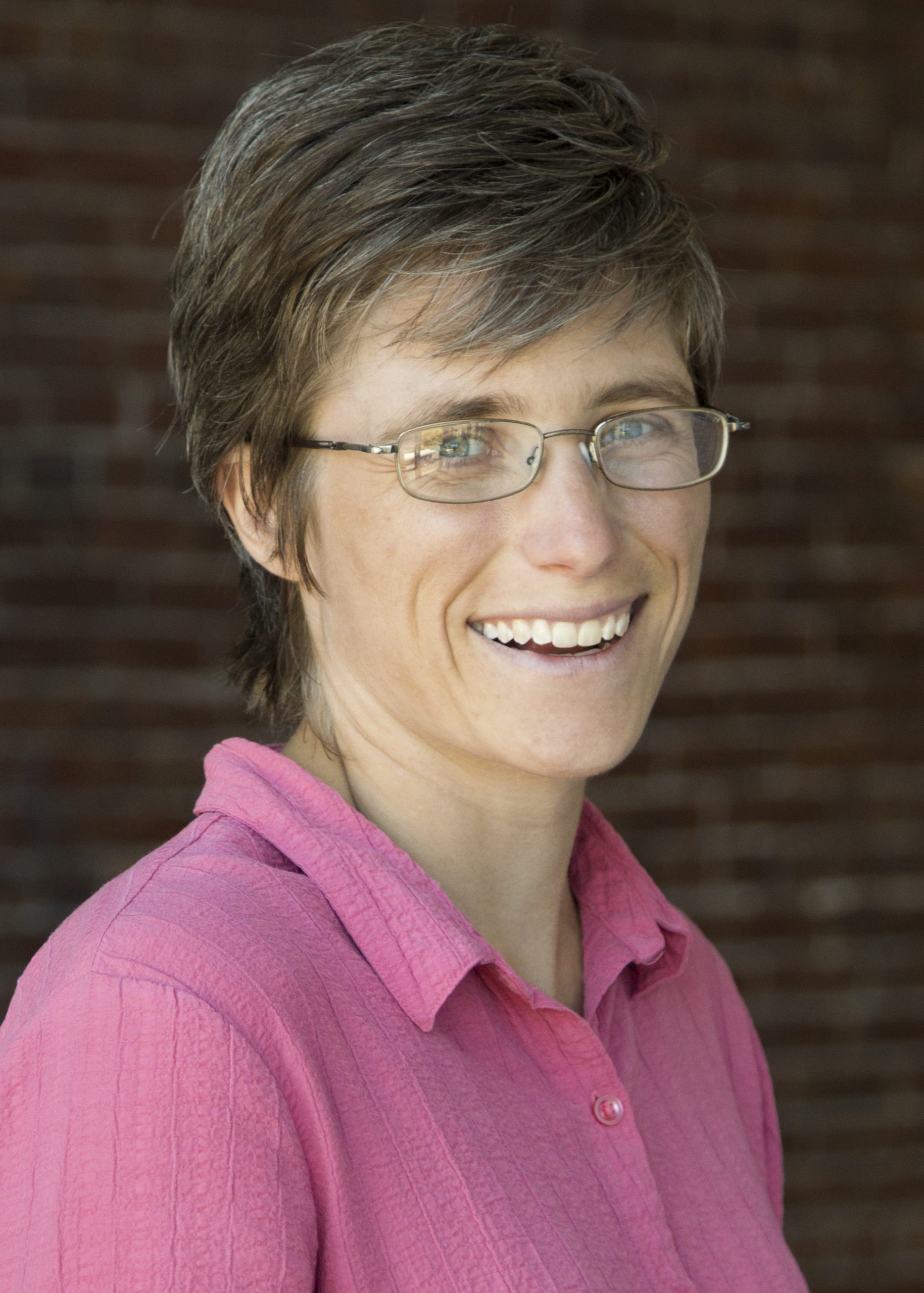TCOM 486 Feature Writing student article on: Will Taylor
Written by Teaonna Morton
Preparing a course to be offered online takes months of planning and development. However, this past spring the campus was shut down due to COVID-19 and classes needed to be moved online as soon as possible, leaving faculty and staff scrambling to find a way to support students while also being able to maintain a quality educational experience. Students in Professor Chris Demaske’s TCOM 486 Feature Writing class interviewed some of those faculty and staff to see how the transition went for them and what they learned through the entire process.
Before moving quickly to online classes Will Taylor enjoyed spending most of his hours with his coworkers, collaborating and chatting in the office. On a regular day, he spends most of his time helping incoming students with registering, preparing entrance into majors and planning personal academic goals and pathways.
For two years now, Taylor has been an academic advisor for pre-major students at the University of Washington Tacoma.
With the stay-at-home order initiative enacted, many faculty and staff were prompted to quickly integrate their course content into viable forms for online use. While most faculty found themselves scurrying, advising online was not a huge stress factor for Taylor.
“We’ve been exploring the idea of doing virtual advising previously, so this gave us a reason to explore that more,” he said.
Taylor knew there were going to be some humps to get over, but with most services already being provided online — like email and phone contacts — he is hopeful for the start of a new beginning with his fellow colleagues.
With the initiative to move to all online, the staff was advised to work from home. After working out the slight kinks, the reduced face-to-face communication with his students began to take a toll on the effectiveness of his advising. Connecting with students has been Taylor’s biggest struggle with regard to the transition online.
“There’s only so much outreach you can do to students who aren’t responding,” he said.
He plans to overcome this obstacle by sending out more emails, making phone calls and utilizing the online system designed to reach out to students who have had a hard time making those initial connections through the online services.
Although the shut-down has been stressful in a lot of ways, Taylor has been able to cherish the little things in life more.
“It’s not that bad working from home,” he said.
Taylor stated that he likes the fact that he can stay at home and, in some ways, it has forced him to slow down and appreciate the things he does have.
Outside of work, Taylor has been taking advantage of the nice weather to work in his yard and renovating his deck, planting gardens and clearing overgrown weeds has become a habitual part of his quarantine hobbies. Doing more activities that include spending time with family and additional time to relax has also been his favorite part about going online.
If Taylor has learned anything after the quick transition, it is that the intent to communicate should be prominent, especially in times like these. Putting in effort and conducting outreach to make sure he is connecting with students and co-workers has taught him that even through social distancing, there are ways to make the online environment more stable.



